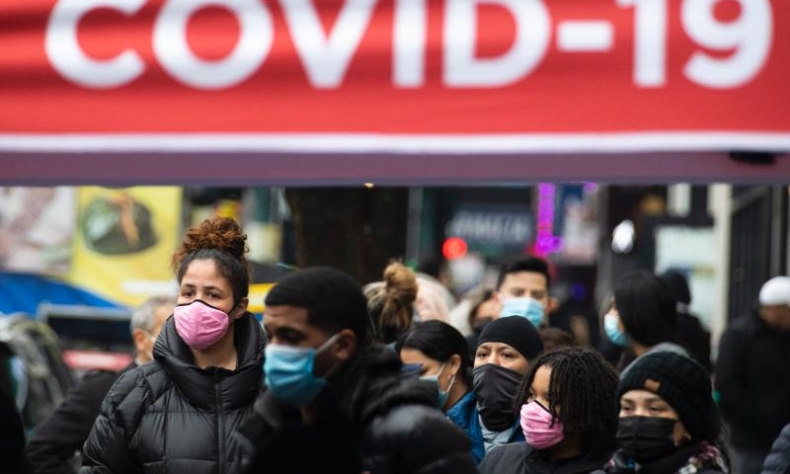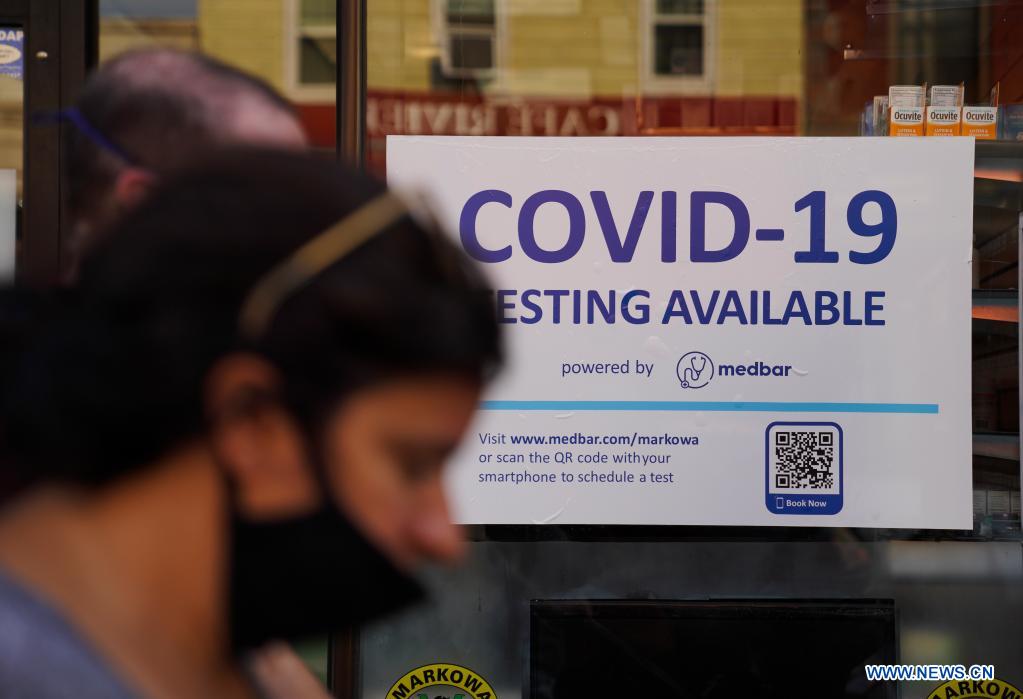Will We Recover from the Pandemic in 2022? Without Action, We Won’t

Ultimately, this is not about which country wins or loses; it is not about ‘political influence’ or ‘power blocs’ – it is about building up global resources and capacity to offset the impact of the pandemic in a collaborative way.
A new year brings new hope. For the last two years, the world has been beset by the woes of the COVID-19 pandemic, which has had a detrimental impact on everyone’s lives. The emergence of vaccines in 2021 brought hope and curbed deaths, but that doesn’t mean the fight is over. On the contrary, the new year is off to a rocky start, with the widespread transmissibility of the new Omicron variant leading to cases around the world surging on a scale never seen before.
On Jan. 3, due to an accumulation of backlogs, the U.S. reported over 1 million infected cases in a day for the first time, averaging irrespectively a record 500,000 daily, while France and the United Kingdom have registered over 200,000 each. Despite the success of vaccines, these governments have effectively “given up” fighting the pandemic, worn down by economic fatigue and public unpopularity against further restriction, which incurred riots in the Netherlands.
As political pressure mounts, the world needs to reason with the reality that the pandemic will not go away on its own, and it cannot be wished away. Through mass transmission, the COVID virus has shown a potency to continue evolving into new variants, again and again. Although these variants come with varying degrees of lethality, Omicron, for example, being reportedly less deadly than Delta, this is not a white flag for complacency.
First of all, the West’s strategy of absconding all pandemic prevention and control measures in the view of growing vaccination totals has been selfish, premature, and a result of short-term thinking. Although this has long been the approach in the U.S., where over 800,000 are now dead, several countries had successful strict control approaches and switched to this strategy, such as Australia and New Zealand. Unfortunately, the results of these course changes, pressured by anti-lockdown demands in the name of liberty, have been ultimately disastrous and have rolled back hard-won normality in these countries by strict pandemic management.

In adapting to this approach, the preference of Western countries to give people the third and fourth jabs has also disrupted efforts to distribute more vaccines to the developing world, meaning global inequalities continue to exacerbate the pandemic. It is no coincidence that Southern Africa was seemingly scapegoated as the breeding ground for the emergence of Omicron. When will the cycle of booster shots end?
Western countries must make a more significant effort to curb the pandemic at home while ramping up vaccine capacity. In addition to this, global integration in medical cooperation, research, and training needs to be extended.
Ultimately, this is not about which country wins or loses; it is not about “political influence” or “power blocs” – it is about building up global resources and capacity to offset the impact of the pandemic in a collaborative way. This is how the world moves forward, determining whether 2022 will be a year of hope and optimism or another year of chaos, disarray, and pessimism. Lessons of the past must be learned, and any new variant should be stomped out quickly instead of being allowed to run riot. Of course, everyone wants to move on, but that just isn’t possible without sacrifice.
 Facebook
Facebook
 Twitter
Twitter
 Linkedin
Linkedin
 Google +
Google +







